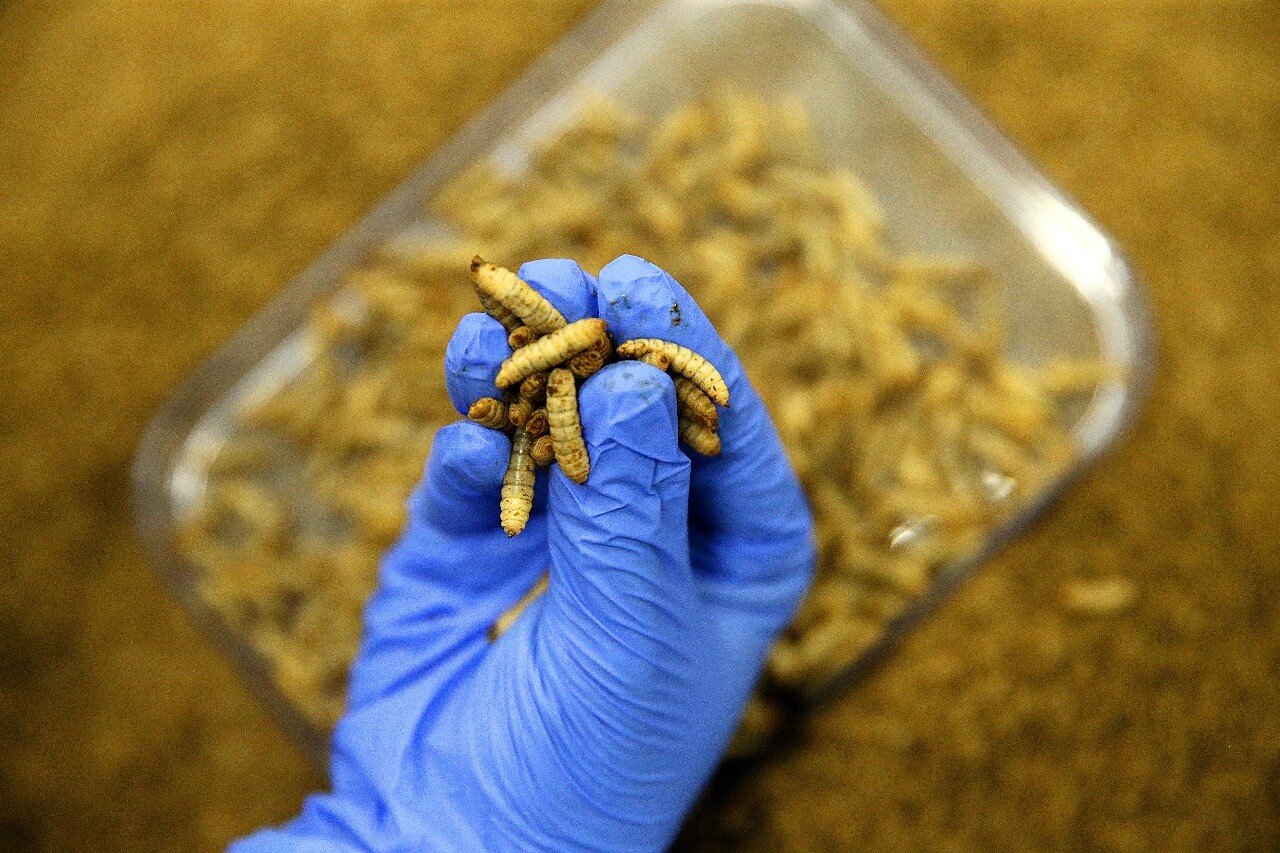According to a study published in Science Day , intensive agriculture is growing around the world. However, these practices can increase the risk of new epidemics, such as high concentrations of animals and heavy use of antibiotics, thus creating an environment conducive to the emergence and rapid spread of new epidemics (example of smallpox Mpox monkey).
The World Health Organization (WHO) has estimated that around 75% of new infectious diseases in humans come from animals, often associated with intensive agricultural practices and the unreasonable use of pesticides. A British report adopted by the World Health Organization (WHO) estimates that by 2050, global deaths from antibiotic resistance could reach 10 million each year. Also, according to the FAO report, global meat production has increased fivefold since the 1960s.
In summary, to prevent future epidemics, it is essential to reconsider these practices with a view to reducing these possible risks while ensuring food safety.




